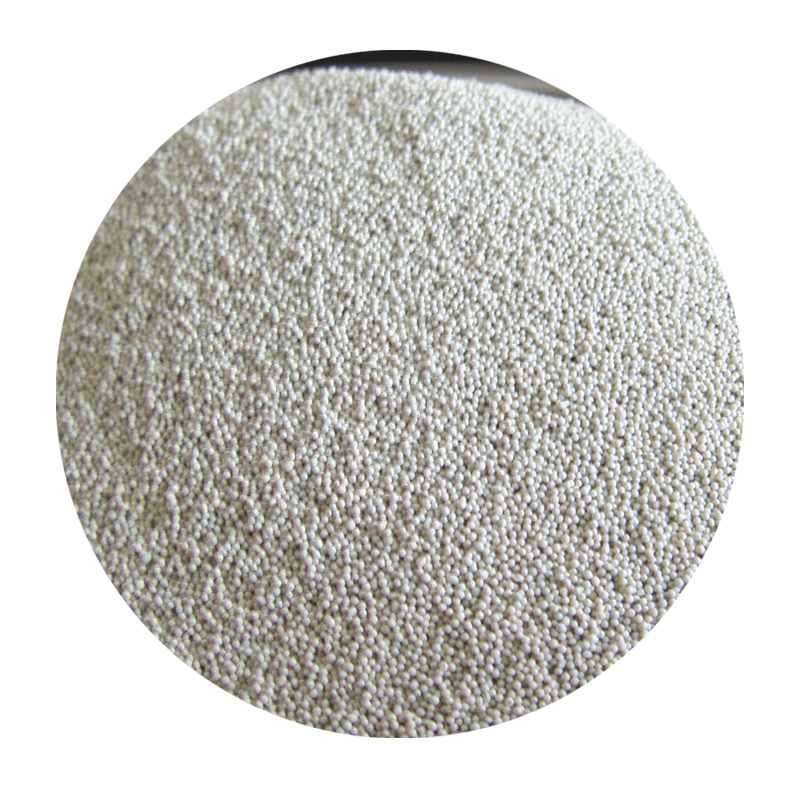The Benefits and Applications of Resin-Bound Sand
Resin-bound sand, a versatile and innovative material, has gained significant traction in various industries due to its unique properties and wide-ranging applications. This composite material, made by combining sand with resin, is extensively used in construction, landscaping, and industrial settings. Its strength, durability, and aesthetic appeal make it an ideal choice for a multitude of projects.
One of the primary advantages of resin-bound sand is its ability to create a strong, durable surface. Unlike traditional materials such as asphalt or concrete, which can crack and deteriorate over time, resin-bound surfaces remain intact and resilient under various weather conditions. The resin acts as a binder, ensuring that the sand particles adhere firmly to one another, resulting in a surface that can withstand heavy traffic loads and resist wear and tear.
The Benefits and Applications of Resin-Bound Sand
Another significant benefit of resin-bound sand is its permeability. Unlike traditional paving materials that can cause water runoff and contribute to flooding, resin-bound surfaces allow water to permeate through the surface and into the ground below. This natural drainage system not only helps to reduce the risk of surface flooding but also promotes groundwater recharge, making it an environmentally friendly choice for modern construction.
resin bound sand

The installation process of resin-bound sand is relatively straightforward, which adds to its appeal. The surface is prepared by applying a layer of resin to a well-compacted base, followed by the even distribution of aggregate sand. Once set, the resin forms a solid bond, creating a robust surface. This ease of installation minimizes labor costs and time, making resin-bound sand an efficient option for both homeowners and contractors.
Resin-bound sand is also low maintenance, which is another key factor in its growing popularity. Unlike traditional paving materials, which may require regular sealing and repairs, resin-bound surfaces can typically be cleaned with just water and mild soap. This low maintenance requirement not only saves time and money but also contributes to a longer lifespan for the surface.
One of the noteworthy applications of resin-bound sand is in the realm of sustainable design. As communities increasingly prioritize environmentally friendly construction practices, resin-bound sand offers an eco-conscious alternative that combines functionality with minimal ecological impact. Its ability to manage stormwater runoff and promote natural drainage aligns perfectly with modern sustainability goals, making it an appealing choice for environmentally conscious developers and homeowners alike.
In conclusion, resin-bound sand is a remarkable material that brings together strength, durability, aesthetic versatility, and sustainability. Its wide range of applications and benefits make it a popular choice in construction and landscaping. Whether used for residential driveways or commercial pathways, resin-bound sand offers a reliable solution that meets the demands of modern design and environmental considerations. As we continue to innovate and explore new materials, resin-bound sand stands out as a smart choice for the future of construction.
Post time:Jul . 28, 2024 11:42
Next:Exploring the Applications and Benefits of Sand Casting in Various Industries and Manufacturing Processes
